Zvi Grumet: When did your concern about antisemitism begin?
Yossi Klein Halevi: [Laughs] When was I not concerned about antisemitism! My father spoke to me about his experiences as a Holocaust survivor when I was really young, three, four years old. That was part of his educational philosophy, that a Jew has to be prepared. And sooner or later, something is coming down the road again. My father’s great concern was that he was raising American children who wouldn’t have the survival skills, that because of growing up with luxuries, taking comfort for granted, we would be unprepared. My father was a very angry survivor. He was angry at the whole world, but most of all, he was angry at the Jews for not paying attention to the warnings. My father was Hungarian, and the great trauma for him wasn’t just the Shoah but the fact that the Jews of Hungary were so unprepared five years into the Shoah, that it took them by surprise in 1944. This, he felt, was an unforgivable offense of local Jewish leadership, of the Rebbeim. His passion, his survivor commitment was to raise Jewish children who would be able to cope with antisemitism. His lesson to me from the very beginning was that they hate us. “You live in a world that hates us and don’t have any illusions. You can fall in love with a non-Jewish woman and it’s all love, love, and who knows what, until the first fight and then it’s ‘dirty Jew.’” These are my primal formative memories. We were only 15-20 years after the Shoah, it was virtually contemporary. Whatever antisemitism I experienced on the streets—there were incidents, nothing too traumatic, getting pushed around, getting my kippah grabbed off my head, taunts—but when I think back on it, the smallest experiences of antisemitism were unbearable because they brought everything back. Any threat was every threat. Objectively I had a pretty safe childhood, but my inner life was dictated by threat and by the need to protect myself.
And even more than myself, to protect the Jewish people. That was my father’s most important lesson—it was never just about yourself, you have to protect the Jewish people. And so, for me, based on the kind of homeschooling in antisemitism that I received, it was a logical progression not just to join the Zionist movement, but to go right to the hard core. I remember going to a Bnei Akiva meeting and thinking, “This is childish.” A friend of mine who was in Betar said, “Come to the maoz in Bensonhurst.” Betar was serious. I was 12. I went to Camp Betar in the Catskills; we learned to shoot, to crawl on our elbows, we did night maneuvers—we were preparing for the Warsaw Ghetto. And then I discovered the Soviet Jewry movement, which had just begun. I joined the Student Struggle for Soviet Jewry in 1965, right around the time of my bar mitzvah. It was my response to my father’s education. So to answer your question, there never was a time when I was not actively thinking, not just about antisemitism but about lethal antisemitism.
I’m about five years younger than you; my parents were not survivors. They were American born. I did not grow up with antisemitism in the home but I experienced it on the street—beaten up a few times, pounded on a public bus. The crazy thing is that when I talk to people who are five years younger than me, they look at me and say, “antisemitism in America? Never! We never experienced it.” Even people just five years younger than me had a very different experience, one without active antisemitism. Something changed. So when I think about the American Jewish experience from somewhere in the mid-1970s until the mid-20-teens, there was a golden era of 40 years in the United States. And I ask myself, now that I hear your story, and your father’s voice coming through you: Is what we’re experiencing now a blip in the American Jewish experience, or are those 40 years the blip in the historical Jewish experience?
It’s a very good question. I’m not convinced that those 40 years were an aberration in the American Jewish context. I’ve been reading Jonathan Sarna’s terrific book, American Judaism: A History. It begins with one of America’s leading antisemites, Peter Stuyvesant, who tried to keep the Jews out of New Amsterdam, now New York City. My wife is a convert, a direct descendant of Peter Stuyvesant—so Peter Stuyvesant has Jewish Israeli progeny. For me, that’s a metaphor for America. You read of Stuyvesant’s attempts to keep the first boatload of Jewish refugees out of New Amsterdam, 23 Jews who came from Brazil fleeing the Inquisition. But reading the rest of Sarna’s account you realize how accepted Jews were in colonial times. Even before there was an America, Jews were already part of the fabric of colonial society. He describes an extraordinary moment of a celebration in the streets of Philadelphia after the signing of the Declaration of Independence. There’s a procession of all the Christian clergy of Philadelphia, together with the rabbis, and they’re marching through the streets linking arms. Can you imagine such a thing in 18th century Europe? So built-in to the foundational experience of America is acceptance of its Jews.
The problem is that it was never really an unconditional acceptance. Jews were always expected to change in some way. Yes, we will accept you, but lose the accent; don’t speak with your hands; become a little WASPish; give up your radical politics—there were preconditions. What happened in the last 40 years in America was that America finally accepted the Jews unconditionally. This, I think, is the big breakthrough for the generation that came right after mine. And I saw it beginning to happen before I moved to Israel in 1982; I experienced it.
I’d say that there were two breakthroughs that happened in the last 40 years. One, is the end of conditionality to Jewish acceptance in America. America now effectively told its Jews, “You can be as Jewish as you want, as assimilationist as you want. We have no conditions. You are fully American, and it’s your choice to decide whether you’re going to light a menorah in a public square, and dress like it’s 19th century Europe. That’s okay if that’s the kind of American Jew you want to be. Or you could be a country club Jew.” Total acceptance, that was the first breakthrough.
The second, related breakthrough was the end of the “American Jewish whisper.” The American Jewish whisper, which I remember well from childhood, is that when Jews were in a public space, if you would say the word Jew or spoke of any Jewish subject, you would lower your voice. It didn’t matter what you were talking about; you didn’t speak openly about Jewish issues. When Jack Ruby killed Lee Harvey Oswald, the American Jewish whisper went into overdrive. I’ve noticed over the years the gradual disappearance of the American Jewish whisper. Think about it. In recent years we have the trinity of Weinstein, Epstein, and Madoff—three of the greatest villains of this generation, and yet American Jews were not afraid of being turned into symbols of evil. The anxiety of previous generations of American Jews was gone… I remember Bernard Bergman. It wasn’t just the shanda, it wasn’t just a question of a hillul Hashem. It felt a little dangerous for a Jew, a rabbi, to be the villain of the year. Jews lost their anxiety in the last 40 years. This was an extraordinary psychological victory for American Jews.
But that’s what they’re losing now. And that is primarily because of the rise of anti-Zionism. Anti-Zionism is restoring conditionality to American Jewish life. “We’ll accept you in progressive spaces. We’ll accept you on campus and media. We have no problem with Jews, provided you’re the right kind of Jew, provided that you give up our generation’s equivalent of talking with your hands or sounding like Jackie Mason. Give up Zionism, and then we’ll accept you.” This is the return of conditionality to American Jewish life, and it is a great threat to American Jewish self-confidence and to the community’s long-term vitality. Because if you’re worried about how you’re perceived in a public space as a Jew, it will impact on your cultural and creative vitality.
I want to take you back in history. Your first book, Memoirs of a Jewish Extremist, describes your involvement in your younger years with Meir Kahane’s Jewish Defense League. As individuals, when we feel threatened, we go into fight or flight mode. I suspect that communities react the same way and I am concerned. How do we prevent an entire generation of young Jews, threatened by antisemitism, going into fight mode, believing that the only appropriate response is down the path of extremism?
That worries me. I look at my generation and the price we paid for centralizing trauma in our Jewish identity. I don’t think it was avoidable. The proximity to the Shoah, both in terms of time and of physical intimacy with survivors, meant that there was no way to avoid centralizing the Shoah. And “Never Again” summed up my Jewish identity growing up. It was the center point. When I began to struggle with religious questions and ask myself, “Am I a religious Jew? Do I believe in this?” one of the crucial factors in shaping my religious identity was the Shoah, and I know that’ll sound counterintuitive. I gained my faith because of the Shoah, partly by living in such close proximity to religious survivors. For me, the seminal moment in becoming a Jew of faith was seeing the famous photograph of the Jew who’s putting on tefillin while surrounded by laughing SS officers. That photograph was the image of kiddush Hashem, so that when I went through a period when I was far from being an observant Jew, I still kept tefillin going, in large part because of that photograph. The Shoah was a kind of confirmation for me of something metaphysical at work in Jewish history, and I had a sense of personal challenge to not disappoint the Jews who went to their deaths from a place of faith and the survivors who continued to live with faith. But I think my turn to faith was deeper than that sense of loyalty. The Shoah seemed to me so inexplicable that it couldn’t be contained in rational categories. Something metaphysical seemed to be at work here. I didn’t understand then and don’t understand now what that was. But I knew I wasn’t secular. The Shoah shaped my politics, my faith. Everything.
Today, I feel that a Holocaust-driven faith isn’t enough, just as a Holocaust-driven politics or Jewish identity aren’t enough. It has to be in the mix—you have to confront the implications of the Shoah, theologically, politically, in terms of our identity—but I don’t want future generations to be shaped as fundamentally as I was by trauma or threat. What I do believe is that we need to be shaped much more deeply by the fact that we are a people that not only went through Auschwitz, but that defeated Auschwitz and, in some sense, reversed Auschwitz by moving from the lowest point in our history to what I regard as the peak point in our history, which is Jewish life today. By any parameter, this, to my mind, is the great moment of Jewish history since Sinai, and we achieved it a few decades after the Shoah. That, for me, is the center point of a contemporary Jewish identity. I do believe that the Shoah needs to be at the center, but not in the way that it was for my generation, not as trauma but as triumph. Educationally, we need to be sure that we do not raise a generation of traumatized Jews, but of strong, resilient, self-confident Jews who are aware that threat is a part of Jewish life, but who are also aware that there’s no threat that can’t be overcome. And that, to me, is, is the real meaning of being a Jew today.
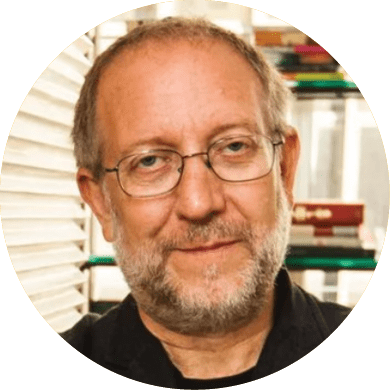
Yossi Klein Halevi is a senior fellow at the Shalom Hartman Institute in Jerusalem. He co-directs the Institute’s Muslim Leadership Initiative (MLI), which teaches emerging young Muslim American leaders about Judaism, Jewish identity, and Israel. His 2013 book, Like Dreamers, won the Jewish Book Council’s Everett Book of the Year Award. His latest book, Letters to My Palestinian Neighbor, is a New York Times bestseller. He has written for leading op-ed pages in North America and is a former contributing editor to the New Republic. He is the recipient of the 2019 “Figure of Reconciliation” Award of the Polish Council of Christians and Jews.
Reach 10,000 Jewish educational professionals. Advertise in the upcoming issue of Jewish Educational Leadership.
Do you want to write for Jewish Educational Leadership? See the Call for Papers for the upcoming issue.
Your last two sentences just took my breath away.
There is a larger project that I’m working on, which is about redefining the Jews as a survivor people. As far as I can recall, we are not commanded to see ourselves as if we were slaves in Egypt; we’re only commanded to see ourselves as if we ourselves left Egypt. I think there’s a very good psychological reason for that. The trauma belongs to those who experienced it. My father, in a way, tried to turn me into his contemporary, but I wasn’t. My father and I became contemporaries after the Shoah, when we became post-Holocaust Jews together. I was part of the first generation after the trauma that was in some sense, the transitional generation to becoming a survivor people. For me, the imperative is not to see yourself as if you were in Auschwitz, but to see yourself as if you came back from Auschwitz, as if we were in the DP camps when they were reconstructing Jewish life.
The society and culture created in the DP camps are one of the greatest Jewish achievements in our history; it’s a nearly forgotten story. That’s because there are so many dramatic stories from 1945 to 1948. The part of the DP experience that we remember are the boats trying to run the British blockade. But the actual communities that these 20-year-old kids created in the DP camps is an extraordinary story. There were something like 70 Jewish newspapers in the DP camps. The first Jewish newspaper was published in Buchenwald, a month after the war, and it was a handwritten newspaper called Tehiyas Hameisim (the resurrection of the dead ). A month after the war, people were still dying—and they’re publishing a newspaper. This is the story that we need to own. When we think about antisemitism and threat, the most important educational lesson is how the ultimate victims of antisemitism not only survived it, but reversed it by turning the abyss into an experience of redemption.
Are you concerned about the rise of extremism among young American Jews?
I’m very concerned. My most immediate concern is leftwing extremism, the rise of anti-Zionism among young American Jews. I’m concerned about a parallel outbreak of extremism on the other end of the spectrum, an outbreak of far-right Zionist extremism, the kind of Zionism that I was attracted to when I was young. Each part of the Jewish community has its own unique yetzer hara (temptation) that it has to confront, and that yetzer hara is rooted in each community’s strength. The strength of liberal Judaism is its concern for the Other—tikkun olam, an awareness that American Jewish prosperity requires of Jews to be generous toward others, to translate our experience as foreigners and refugees to refugees today. I honor that generosity in the liberal Jewish worldview; it’s something that when I was a teenager would have driven me insane. But today, I’m very moved by the fact that the Tenement Museum, for example, is one of the sacred landmarks for liberal American Jews. It’s amazing to see how American Jews experience the Tenement Museum, they take their children and grandchildren, to teach them to appreciate their humble origins. But the yetzer hara of tikkun olam-ism is to become so universal that you betray the tribe.
The strength of the Orthodox community is its unconditional loyalty to the tribe. And the yetzer hara there is to turn unconditional loyalty into xenophobia—and, you know, I have a doctorate in xenophobia, that was my education. I’m particularly aware of that yetzer hara, and I’m really worried… Look what we’re experiencing in Israel. We haven’t had a Kahanist in the Knesset since Kahane himself, and Kahanism is back stronger than ever. And when I think about the Orthodox communities that I know in America, they are as vulnerable to that form of extremism as liberal Jewish communities are to anti-Zionism. Each community needs to develop its own immune system to its particular yetzer hara.
This is such a fascinating analysis. Do you have anything you’d like to add?
To give in to the yetzer hara of Kahanism, or whatever variant of Kahanism is percolating, is to betray the achievement of the survivors. To raise traumatized Jews is to undo the victory of Zionism, it’s to undo the victory of our parents who didn’t only see themselves as victims. The older they got, the more they saw themselves as survivors. You know, the term survivor didn’t exist when we were growing up. And it’s interesting that it didn’t exist yet, and I think that, in part, it’s because they weren’t yet survivors. They used the language griner [as in, greenhorn] or simply “from there.” My father called himself a refugee. It was only in the 1970s and 80s, that the dignified term “survivor” became part of the Jewish vocabulary. We earned that as a people—and we need to prove, now that we are experiencing some return of threat, that we have learned something from our parents. That we’re not the same people we were 100 years ago. We’re a strong people, we’re resilient, and we’re going to win the battle against the delegitimization of Israel—even if the battle lasts a generation. That’s the educational message we need to convey.
And God forbid that we should be teaching our kids what my father taught me, which is that the whole world hates the Jews. Our experience over the last 70 years has been very different. Our experience in America has been very different. I grew up in the Soviet Jewry movement. Why did the Soviet Jewry movement succeed? Because we had extraordinary non-Jewish allies. Congress adopted Soviet Jewry as a major human rights commitment. We’re not the same people, and much of the world isn’t the same either. Yes, we face serious threats, and those threats are growing. But we need to be very careful not to imagine ourselves as back in the 1930s and not to demonize the non-Jewish world.



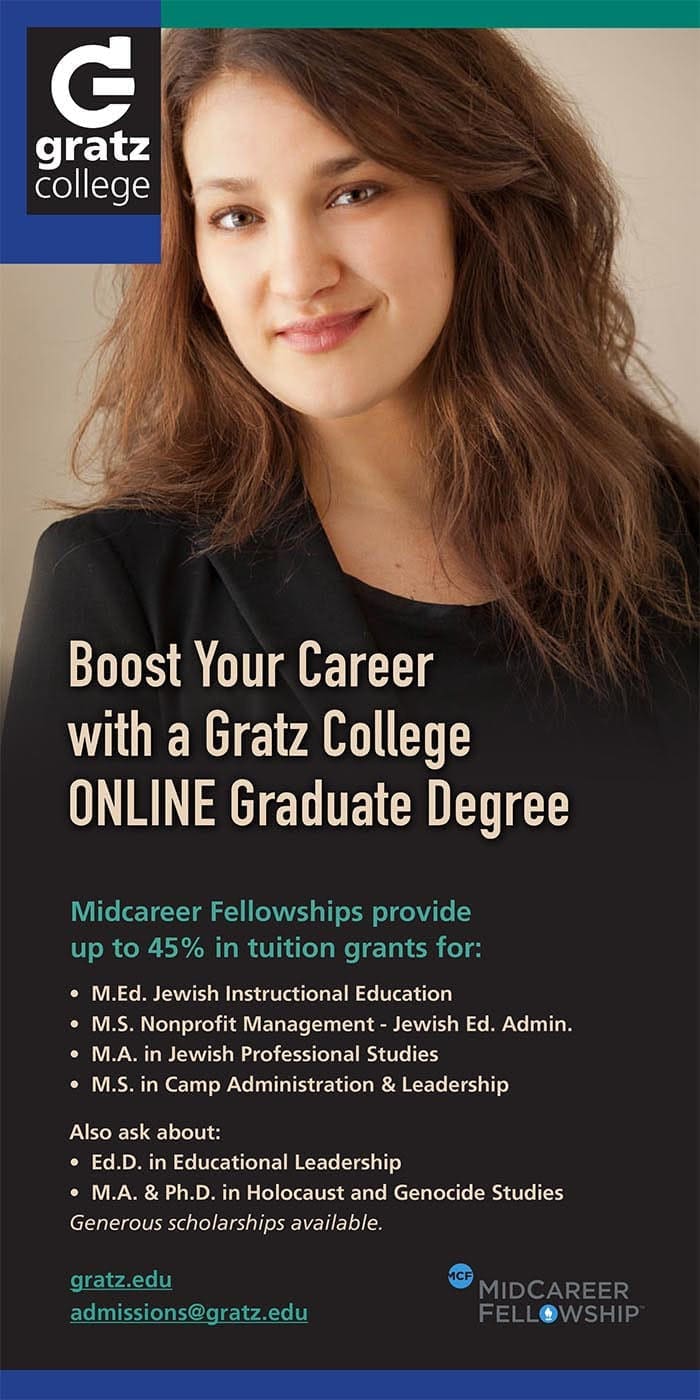
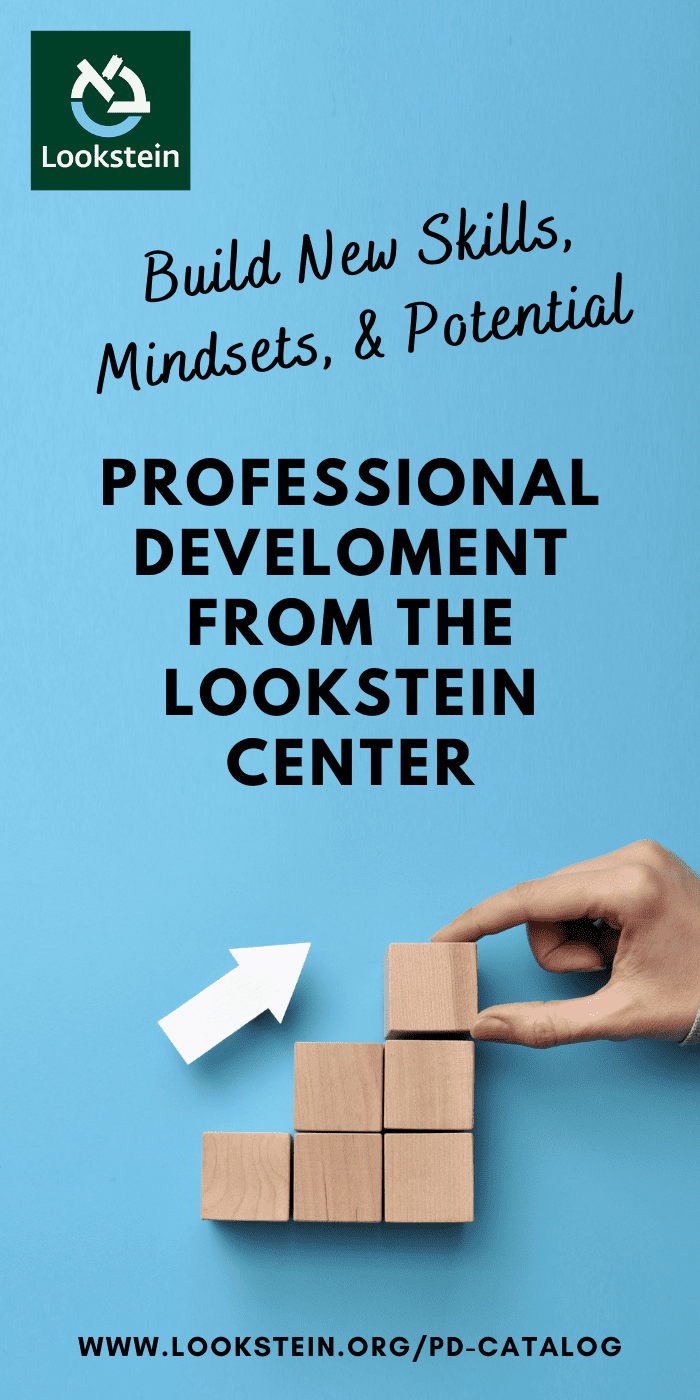
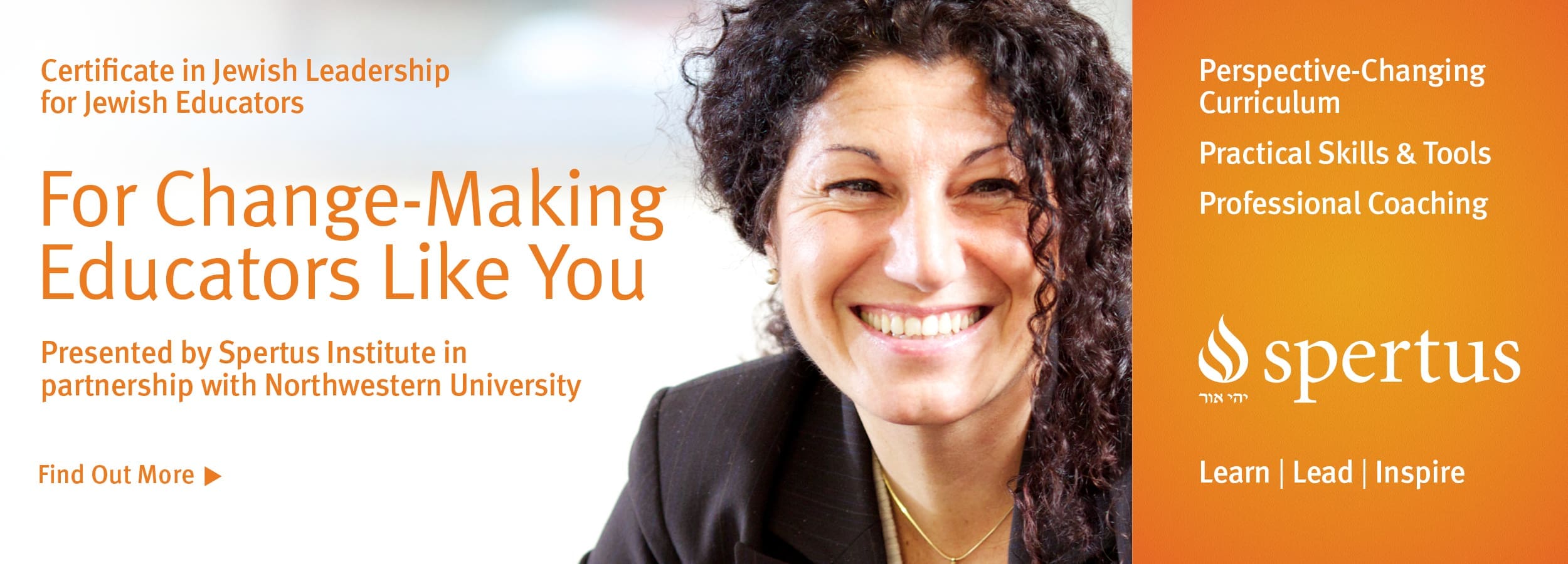
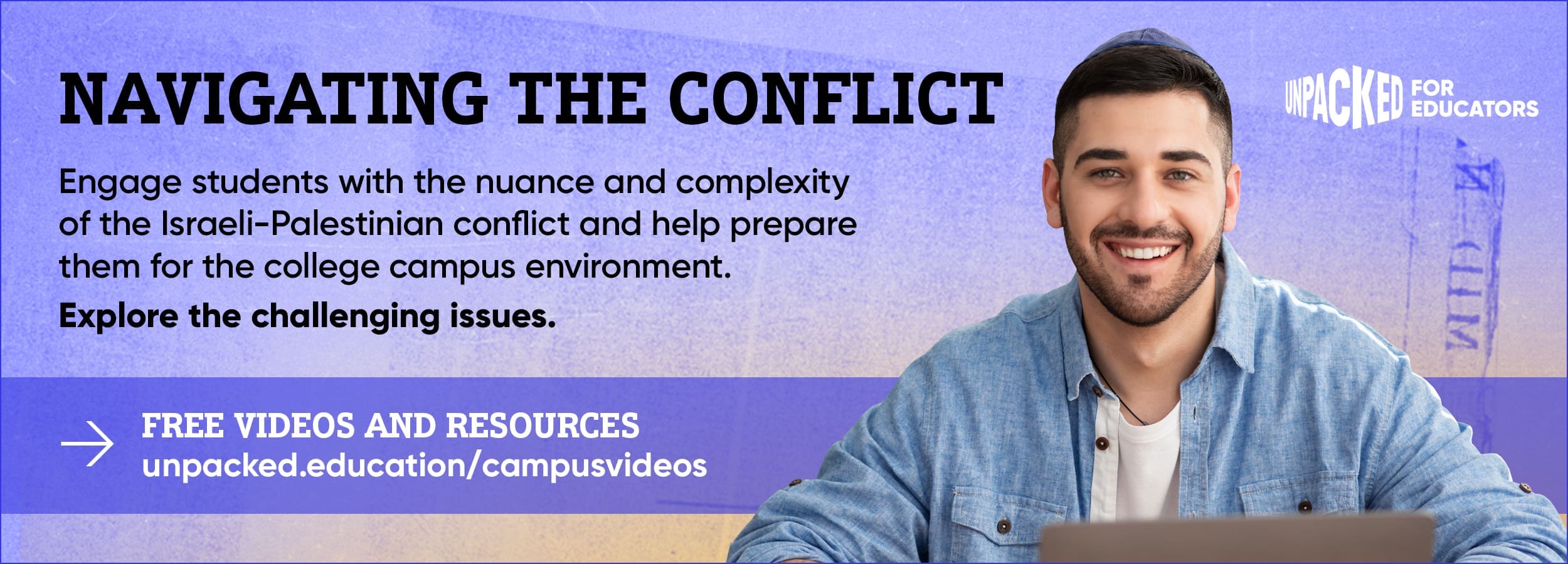
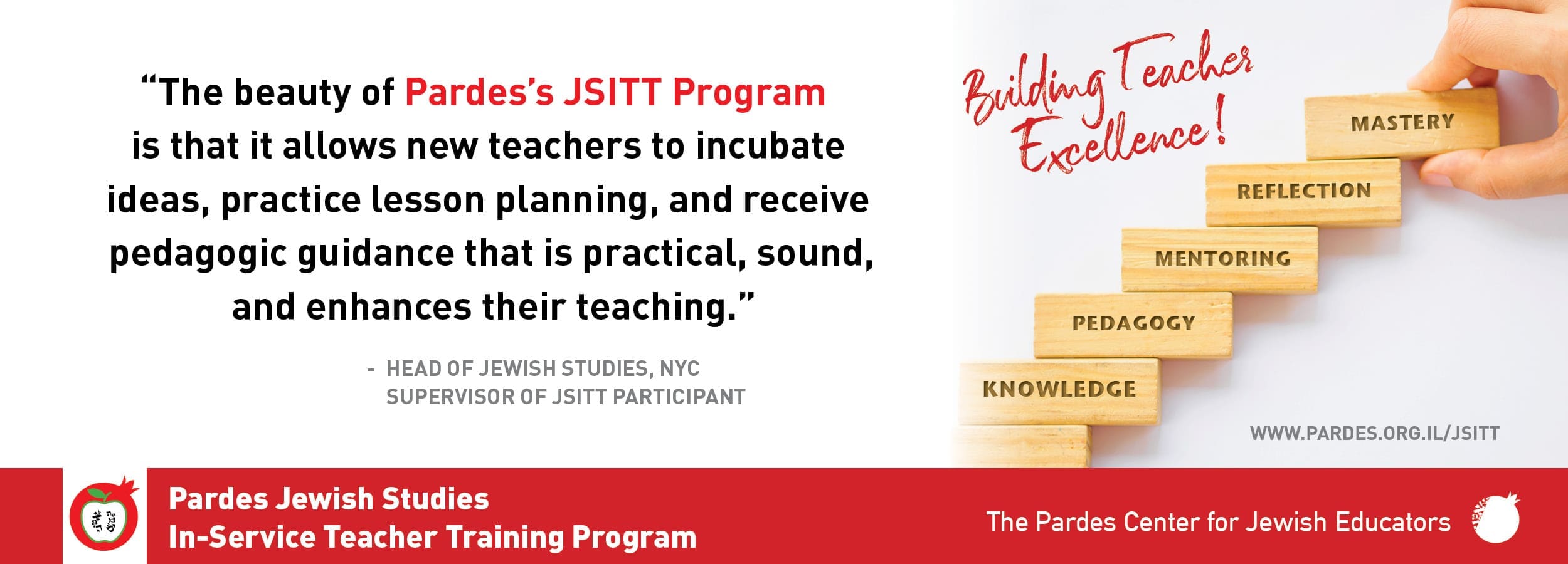
Great interview. Thanks Yossi!
Kahanism has many facets as does every Jewish ideology. To stand up for Jewish identity or Israel in the face of leftist, liberal onslaught (mainly from “woke” Jews) is not extremist. Its survivalist. The reason Kahanism is resonating so much today is exactly because of the leftist attacks.Mainstream Jews who embrace Kahanes message about fighting back don’t have to endorse attacks on uninvolved Arab civilians. They simply advocate for a robust response in the face of attacks on US. Is that in anyway different from the Haganah in the Yishuv? Yossie’s march toward the left is fraught with danger and… Read more »